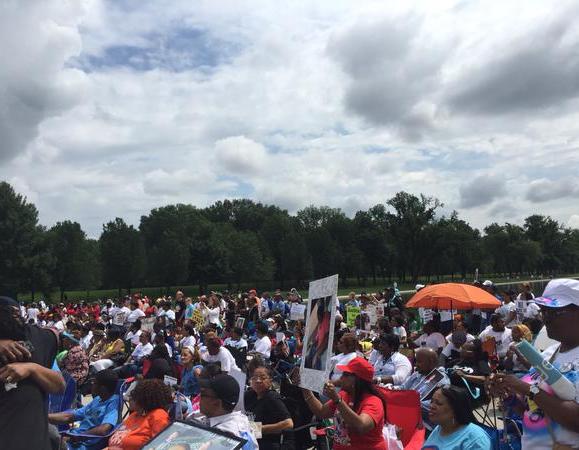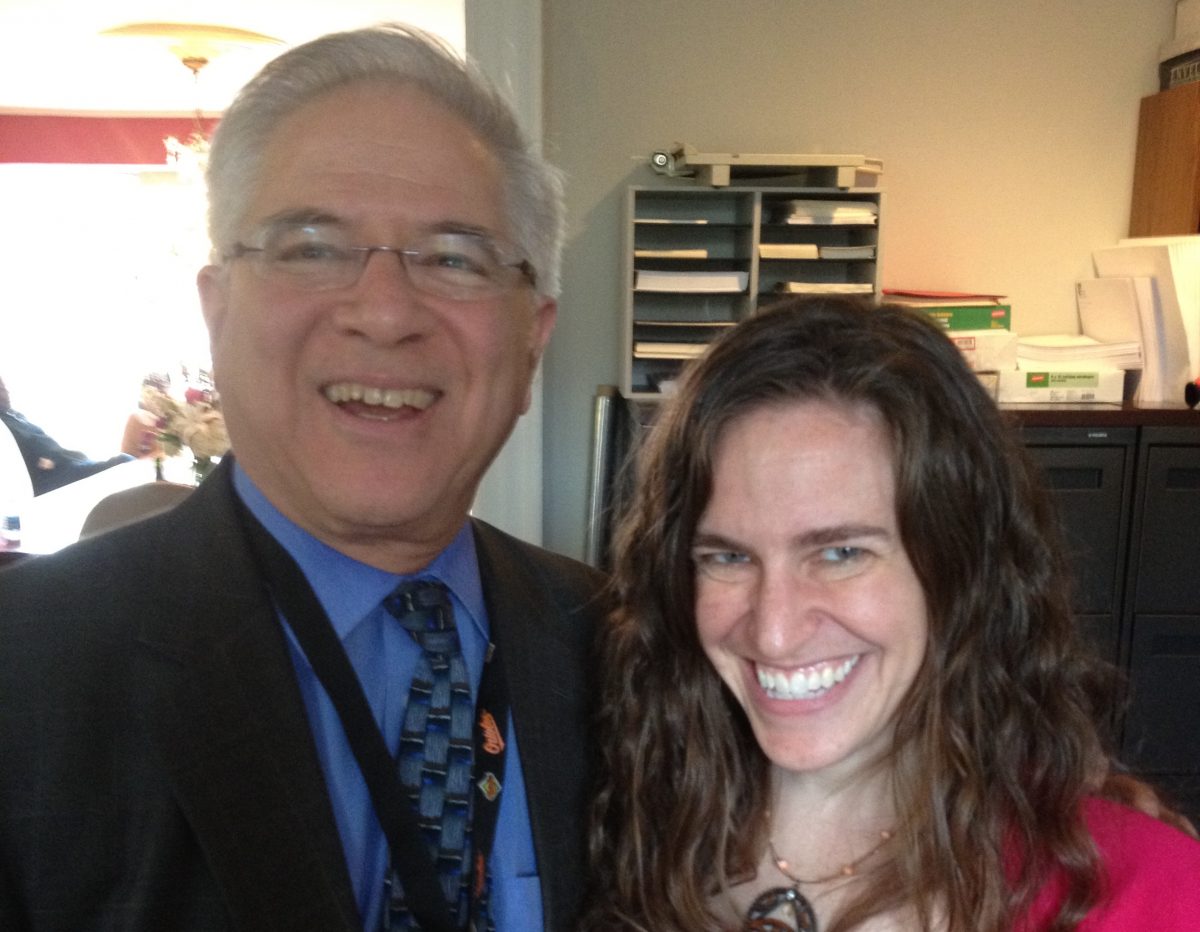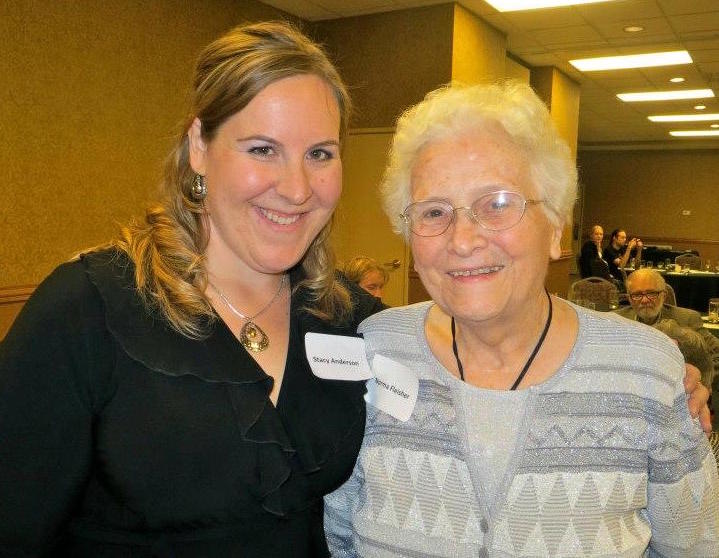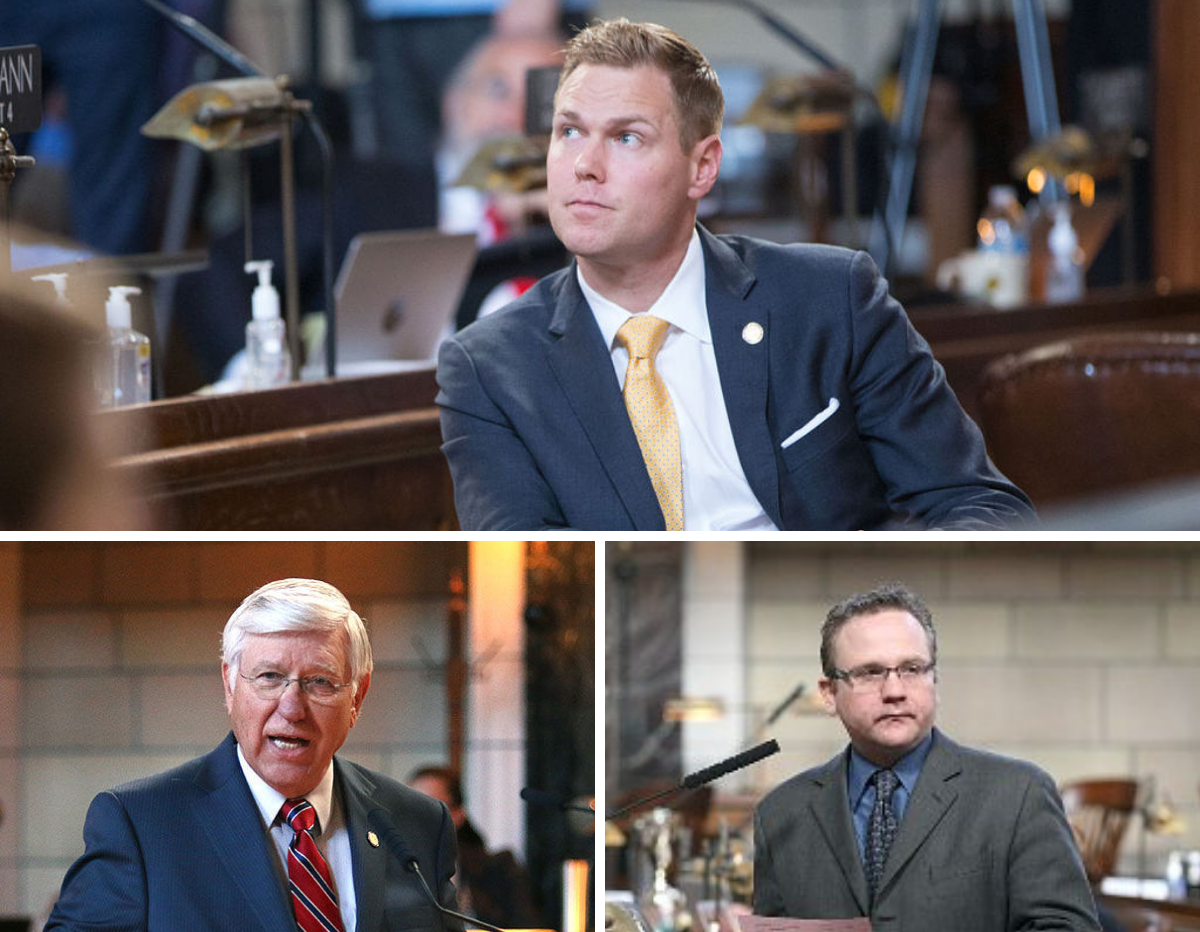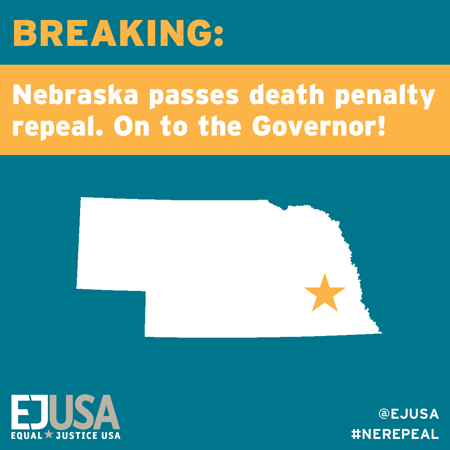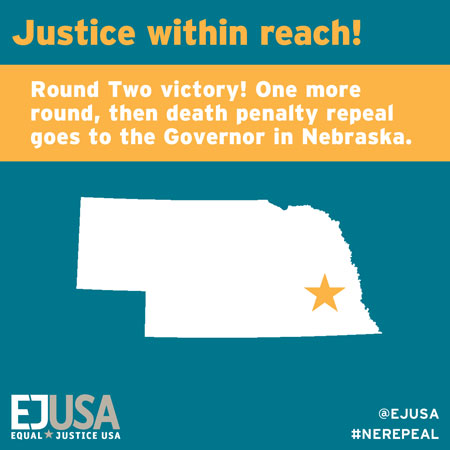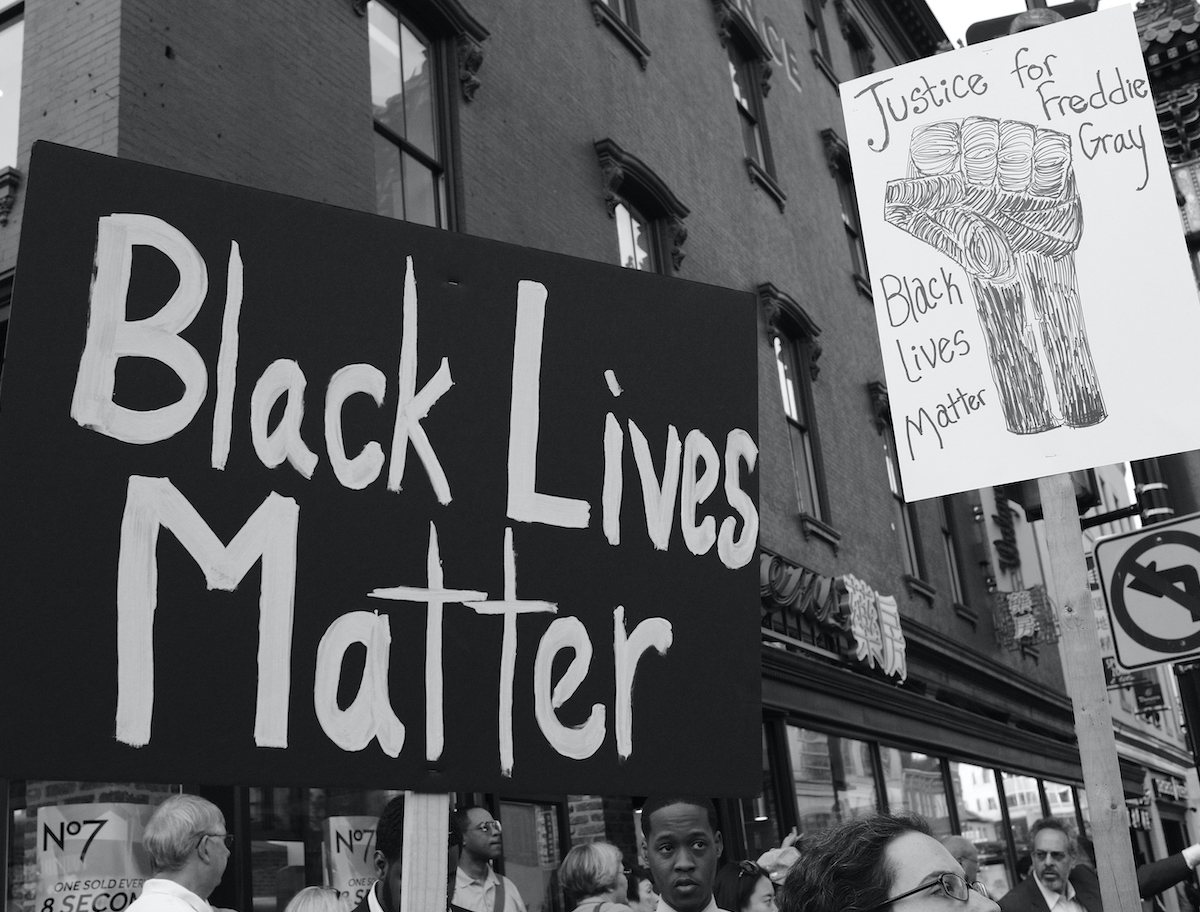
Wondering how it’s possible that Nebraska is still debating the death penalty, even though legislators passed repeal (over the Governor’s veto) in the Spring? We’ve got you covered. After the popularity of our geeky guide to the Nebraska legislative process, we’ve put together an equally geeky guide to the referendum process that’s unfolding now.
Nebraska’s “Veto Referendum”
In Nebraska, the state Constitution allows citizens to overturn a decision by the legislature via a petition and referendum process. Citizens can mount a campaign and start collecting petition signatures following the last day of the legislature (also known as sine die in geek speak).
Citizens have 90 days to complete the entire process to get the proposal to overturn the law on the next statewide election ballot. They must prepare ballot language, get approval of the language by the Secretary of State, print petitions, and collect enough valid signatures in that time.
This type of “veto referendum” requires 5% of registered voters to sign the petition – that’s just shy of 58,000 verified signatures – and for those signatures to come from a geographically diverse population. (Extra geek credit: The geographic requirement states that petitions include signatures from 5% of the legal voters in at least two-fifths (38) of Nebraska’s 93 counties.) If 10% of registered voters from a geographically diverse population (115,000 signatures) sign the petition, the law passed by the legislature will be put “on hold,” pending the vote on the referendum during the next statewide election.
The Repeal Repeal
Death penalty supporters have mounted a campaign to repeal the law that repealed the death penalty in Nebraska – to repeal repeal. The clock on their campaign started ticking on sine die, which means their petition signatures are due to the Secretary of State on August 27 for verification.
The campaign has already admitted their intent to spend well over $1 million on the petition drive and ballot measure. Imagine the victim services and crime prevention programs that could be funded for that amount of money!
In the meantime, the Governor has announced he will make every attempt to move forward with the executions of the 10 men on death row, even though the legislature has repealed death penalty, and with it the entire lethal injection process. The Governor continues to receive national media attention for the shady attempts he and his administration are making to import the drugs for an execution.
What can I do?
Check out our story about the “Decline to Sign” campaign, run by Nebraskans for Public Safety. If you live in Nebraska, be sure you educate your friends and neighbors about the issue, and sign up to volunteer to be a petition monitor.
We will continue to have action opportunities, so be sure you’re following us on Facebook andTwitter, and sign up to get more stories like this one delivered straight to your inbox.
“Signing a Petition” by Elizabeth Jenkins (Flickr user artfulactivist). CC BY-NC-SA 2.0 via Flickr
